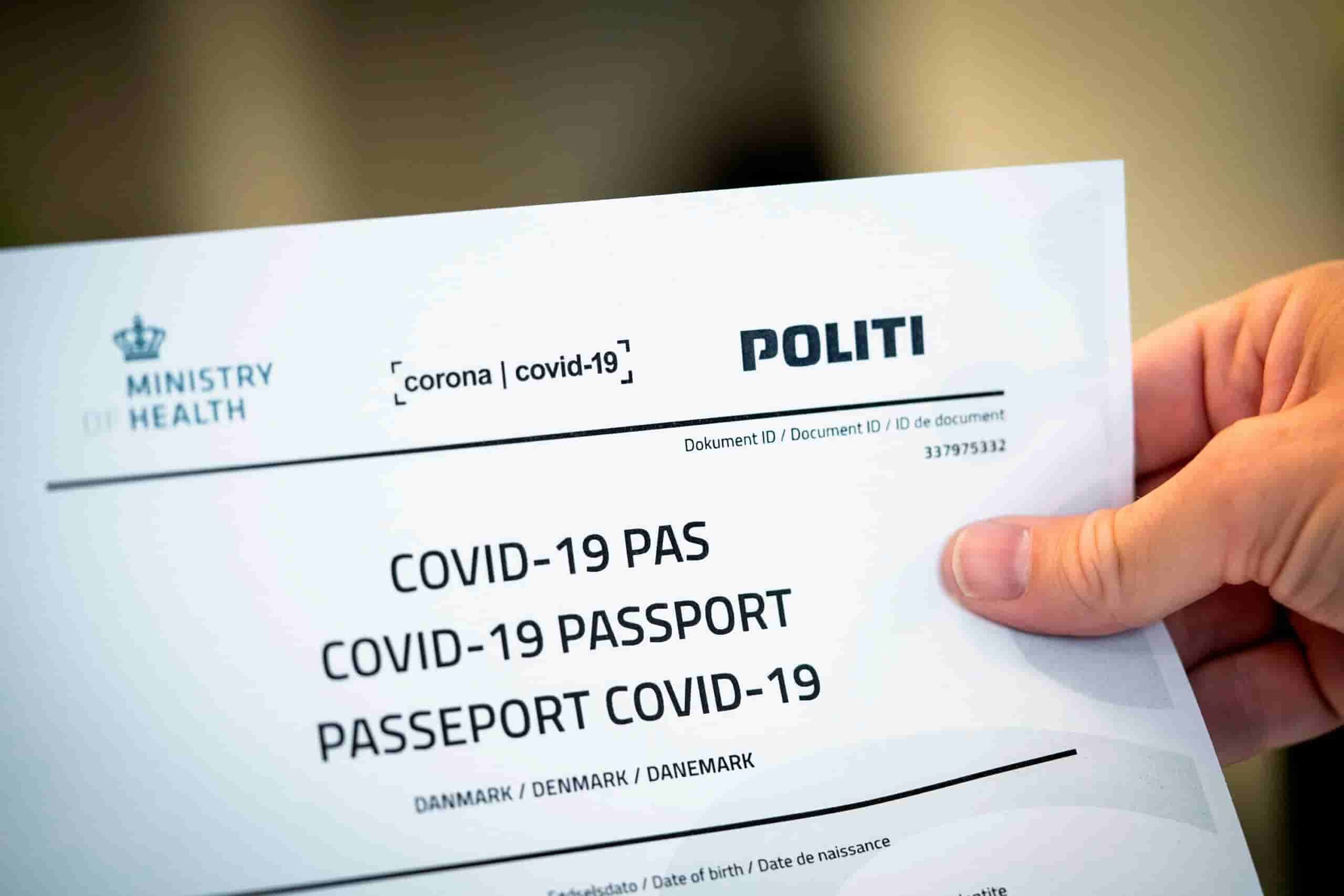On Sept. 10, Danish authorities removed all pandemic restrictions and announced that in their country, COVID-19 was not a critical threat anymore. The country with a population of 5.8 million only had 450 deaths per million citizens during the peak of the pandemic in the area compared to the 1,982 per million deaths in the United States.
Accordingly, the restrictions were lifted after attaining a high vaccination rate. A total of 86 percent of eligible citizens, 12 and older, received at least one shot. On the other hand, 95 percent of people 50 and older are already fully vaccinated.
Denmark also launched their behavioral COVID-19 research called The HOPE Project. The study surveyed more than 400,000 individuals in Denmark and other countries. Per the findings, the citizens of Denmark having high and stable trust in their health authorities contributed to their success in beating COVID-19. Because Denmark citizens trusted their health officials, this resulted in high vaccination rates and successful implementation of key policies on mass testing and coronavirus passports.
In the data presented by The HOPE Project, over 90 percent of Danes trust their national health authorities. Over 80 percent of the eligible population was willing to get an approved vaccine during last year’s fall. In comparison to the United States, only 50 percent were willing. In research by The Washington Post that also studied the data by The HOPE Project, it was revealed that one way to boost the vaccination rate in the U.S. is to have transparent communication about the features of the vaccines, including the negative ones, to sustain the citizens’ trust.

The Washington Post further noted in the study that the trust between citizens and health authorities runs both ways.
“Authorities need to trust that citizens can weather bad news and still make responsible decisions. (Former) President Donald Trump later admitted to intentionally downplaying the coronavirus. In contrast, Danish authorities were — after a slow start — frank about the severity and the uncertainties of the crisis. They were also candid about the potential side effects of some vaccines and in March made the decision to suspend the use of the AstraZeneca vaccine. The health authorities argued that with the most vulnerable already vaccinated, and with the epidemic well under control, even the rare side-effects of AstraZeneca vaccine posed a larger threat to Danes than the virus itself,” it said.
Aside from trusting health officials and being transparent with the effects of the vaccine, Denmark also hit a road bump when it removed AstraZeneca and Johnson & Johnson vaccines from the vaccine program. During the time when the Danish authorities had no solution, they kept COVID-19 under control through mass testing.
In the spring of 2021, Denmark performed four million tests a week. Danish authorities likewise asked citizens to comply with the testing and other COVID-19 guidelines. The citizens also did not resort to blaming, shaming, and policing each other. Further, the Danes felt their leaders were united against the COVID-19.
Lastly, despite the restrictions, the citizens of Denmark suffered less during the pandemic and perceived mass testing and coronavirus passports as tools for protecting each other.
Also Read: Over 15,000 Fully Vaccinated Americans Have Been Hospitalized Or Died Of COVID-19


